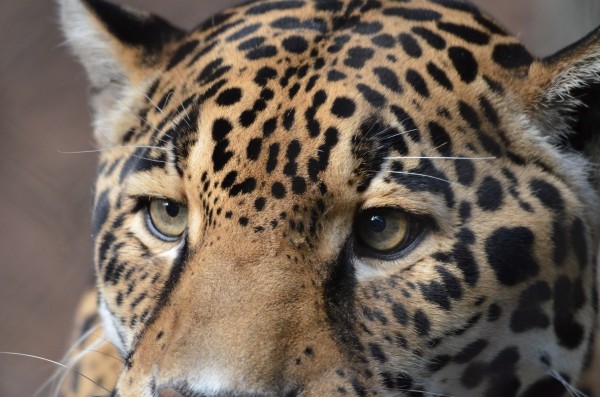Despite staunch conservation efforts, global big cat populations continue to decline. In just the last 30 years, data collected by conservation groups in Africa show that some big cat populations fell by at least 50% (table 1). Loss of habitat, human-wildlife conflicts, hunting, and poaching continue to threaten the long –term survival of these iconic creatures. Population 1985 2015 Cheetah (Africa and Iran) ~21,000 <10,000 (CCF) Lion (African and Asia) 100,000 ~23,000 Africa; <400 Asia (IUCN) Tiger (6 subspecies) 5,000-7,000 <3,500 (Global Tiger Initiative) Leopard (9 subspecies) no reliable data 100,000 Africa; 8,000 India (Nat Geo) …
The State of Africa’s Big Cats: a 30-year Conservation Report Card


